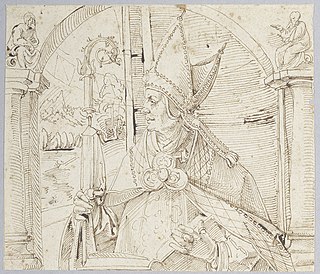See also
Surname list
This page lists people with the surname Thorpe. If an internal link intending to refer to a specific person led you to this page, you may wish to change that link by adding the person's given name(s) to the link.
Thorpe is a surname derived from the Middle English word thorp , meaning hamlet or small village. Thorpe is found as the name of many places in England.
James, Jimmy, or Jim Wright may refer to:
James, Jim, or Jimmy Martin may refer to:
James Morrison or Morison may refer to:
James Brown (1933–2006) was an American recording artist and musician.
James, Jamie, Jim, or Jimmy Thomson may refer to:
A thorp is a hamlet or village.
Henderson is a surname of Scottish origin. The name is derived from patronymic form of the name Henry and Hendry, which is a Scottish form of Henry. It means "Son of Hendry" and "Son of Henry". In Scottish Gaelic it is rendered MacEanraig (masculine), and NicEanraig (feminine).

Abbott is an English surname, derived from the word "abbot", which may refer to:
James, Jim, or Jimmy Green may refer to:
Adams is a common surname of English and Scottish origin, derived from the given name Adam. Related surnames include Addams and McAdam/MacAdam.
Knight is an English surname.

Burke is a Norman-Irish surname, deriving from the ancient Anglo-Norman and Hiberno-Norman noble dynasty, the House of Burgh. In Ireland, the descendants of William de Burgh had the surname de Burgh, which was gaelicised in Irish as de Búrca and over the centuries became Búrc, then Burke, and Bourke.
Jacobs is a patronymic medieval surname. Its origin is from the given name Jacob, derived from the Latin Jacobus, itself derived from the Hebrew language personal name Yaakov, from the Hebrew word akev ("heel"). It is common in English speaking countries and German speaking countries. There are many variant spellings. The first record of the surname is in 1244 in the "Cartularium Monasterii de Rameseia". Jacobs is also an ancient Anglo-Saxon surname that came from the baptismal name Jacob. The surname Jacobs referred to the son of Jacob which belongs to the category of patronymic surnames. People with the surname Jacobs include:
Simpson is an English/Scottish patronymic surname from the medieval masculine given name 'Simme', a medieval variant of 'Simon'. The earliest public record of the name was in 1353 in Staffordshire, West Midlands region of England.
Thomas Thorpe (1569–1635) was an English publisher.
Lawson is often a Scottish surname that may sometimes also be a given name.
Robertson is a patronymic surname, meaning "son of Robert". It originated in Scotland and northern England. Notable people and companies with the surname include: